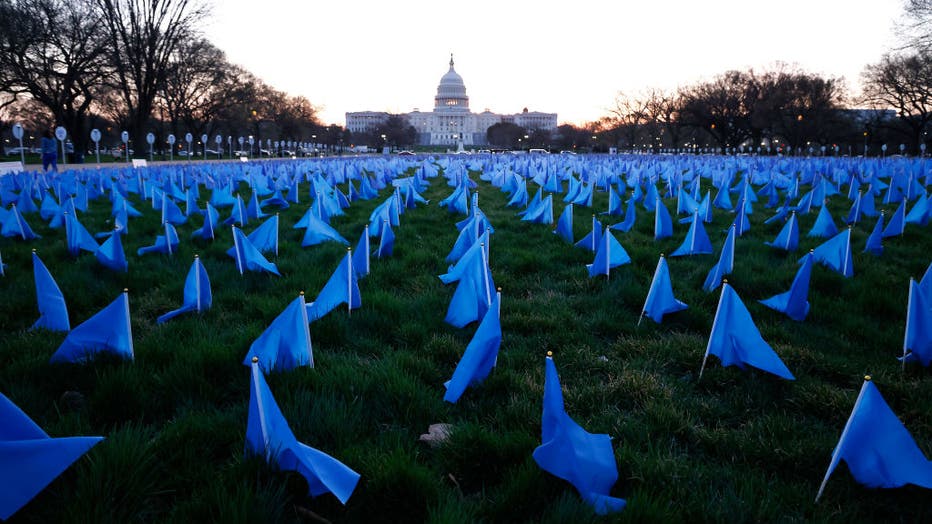Colon cancer screening test shows promising results, awaits FDA approval

Kirstie Alley's death calls attention to colon cancer screenings
Actress Kirstie Alley died earlier this week after a short battle with colon cancer. LiveNOW from FOX's Josh Breslow spoke with Dr. Nicole Wieghard, a colorectal surgeon, about the importance of screenings.
A blood test for colon cancer is showing promising results and its manufacturer hopes to soon get approval from the Food and Drug Administration.
Guardant Health, the maker of the test, hopes for approval this year.
The test looks for DNA fragments shed by tumor cells and precancerous growths. It's already for sale in the U.S. for $895, but has not been approved by the FDA and most insurers do not cover it.
Researchers said study results showed the test caught 83% of the cancers, but very few of the precancerous growths found by colonoscopy, the gold standard for colon cancer screening. The study, sponsored by Guardant and published in the New England Journal of Medicine, involved 7,861 people in the U.S. who had both a colonoscopy and a blood test.
RELATED: Olivia Munn diagnosed with breast cancer
Guardant recommends testing with its blood test called Shield every three years. Like a stool test, the blood test requires a follow-up colonoscopy if there’s an abnormal result, which could lead to more out-of-pocket costs.

WASHINGTON, DC - MARCH 12: The Fight Colorectal Cancer "United in Blue" flag installation on the National Mall spotlighting the rise in young adult Colorectal cancer cases on March 12, 2024 in Washington, DC. (Photo by Paul Morigi/Getty Images for Fi
While the blood test caught 83% of the cancers found by colonoscopy, it missed 17%. That's on par with stool-based tests.
There were also false alarms: For 10% of the people where the colonoscopy found nothing, the blood test falsely indicated they might have colon cancer. That means a sizeable number of people would face the anxiety of follow-up colonoscopies.
The blood test is tuned to pick up the signature of colon cancer but more research is needed to determine if it might pick up other cancers as well and give misleading results, Corley said.
RELATED: Actor Gary Sinise recalls son's last days: 'He was happy at the end of his life'
Colorectal cancer is the second leading cause of cancer deaths in the United States and the third worldwide. In the U.S., more than 153,000 new cases and 53,000 deaths from the disease are expected this year.
In the U.S., screening is recommended for healthy adults ages 45 to 75 at average risk for colon cancer. Frequency depends on the test: a routine colonoscopy is every 10 years. Screening is inching up but falls well short of the 80% of age-eligible adults goal set by the American Cancer Society and other groups.
The Associated Press contributed to this report. This story was reported from Los Angeles.

